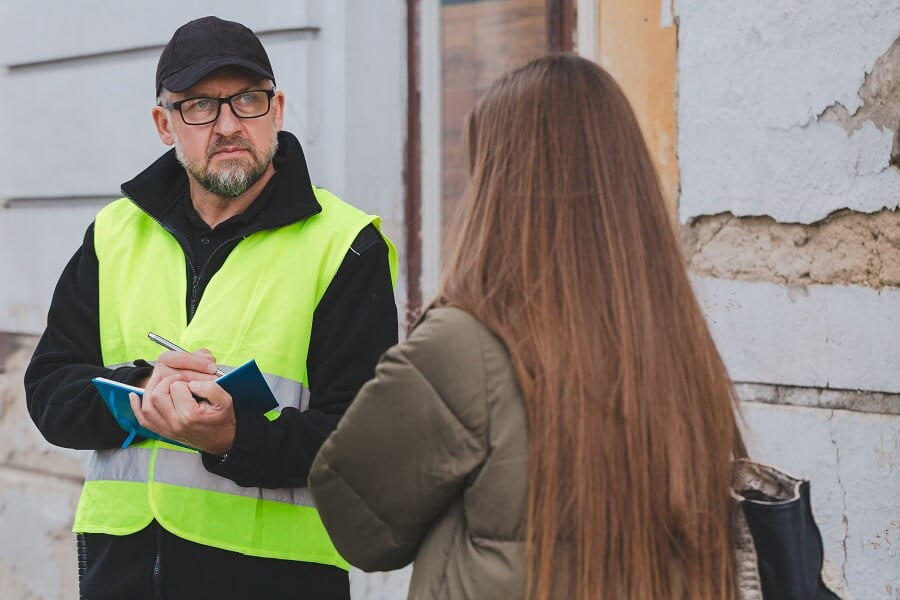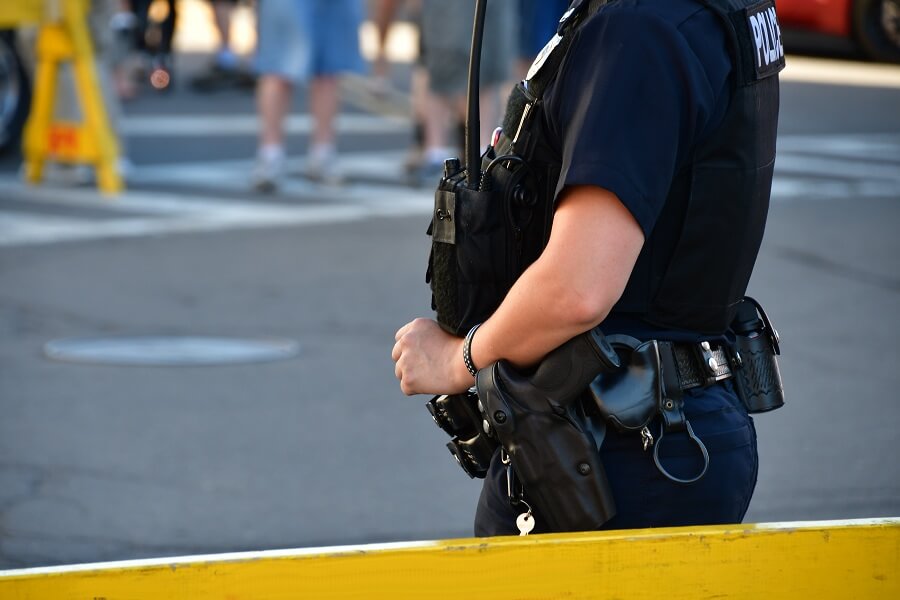
Your Rights to Exercise After Becoming a Witness to a Crime
Witnesses are crucial for a fair decision when judging a case. It would be very unfair if you have information that would change the course of a case, and you keep quiet. But not many people are willing to risk their lives being a witness to a serious case.
Witnessing some criminal offences such as drug and murder cases puts your life in danger because of harsh consequences. We have all heard about witness killing. The accused might come after you, especially if released on bail.
Your Rights After You Become A Witness
Immediately after you agree to either become a prosecution or defence witness, your safety will never be the same. You will never feel safe, and you may need to keep looking out for anyone who is following you, no matter where you go.
The most important thing is your safety and that of those around you. There are several things witnesses can request for to ensure their safety. For instance, your views matter in the issues of bail undertaking to ensure you feel safe.
Here are some of the rights you can exercise as a witness:
Witness Protection

When you become a witness, you qualify for the witness protection program. The state runs the program, where witnesses at considerable risk of harm are protected during and after the trials. The goal is to guarantee the witness’s safety.
In cases where a serious crime has happened, and the witness is very valuable to the case, they can be put in a safe house, offered permanent relocation to a secure location, or round-the-clock protection. But you must first be eligible for the witness protection program.
Stopping Bails
The offender qualifies for bail immediately after they appear in court. But this move can be dangerous to the witness because the offender may use their freedom to harm or intimidate them.
Your views as the witness will be crucial in deciding the issuance of the offender’s bail. If you have reservations about the accused being granted bail, you need to raise them. You can also inform the police if the accused breaches the bail conditions and have their bail cancelled.
Intervention Orders
As a witness, you can invoke an intervention order if the offender is threatening to assault, has assaulted you, damaged your property, or behaved offensively. This order protects you from the person you are testifying against. Also known as a restraining order, the intervention order can also act as a reason for cancelling bail.
Protection While in Court
If a witness has a problem meeting with the accused or their family, they can request protection in court. The court can offer special waiting rooms for witnesses that feel vulnerable when waiting to testify in the court. You can also testify via CCTV if you don’t want to face the offender, among many other protections while in court.
These are just some of the rights you have as a witness to a crime. For legal assistance in criminal cases, contact us here at Bouchier Khan Lawyers, and we will be happy to help advise you.
This article is of a general nature and is intended for information only. It should not be relied upon as legal advice. If you require further information, advice or assistance for your specific circumstance, please contact us at Bouchier Khan Lawyers.
